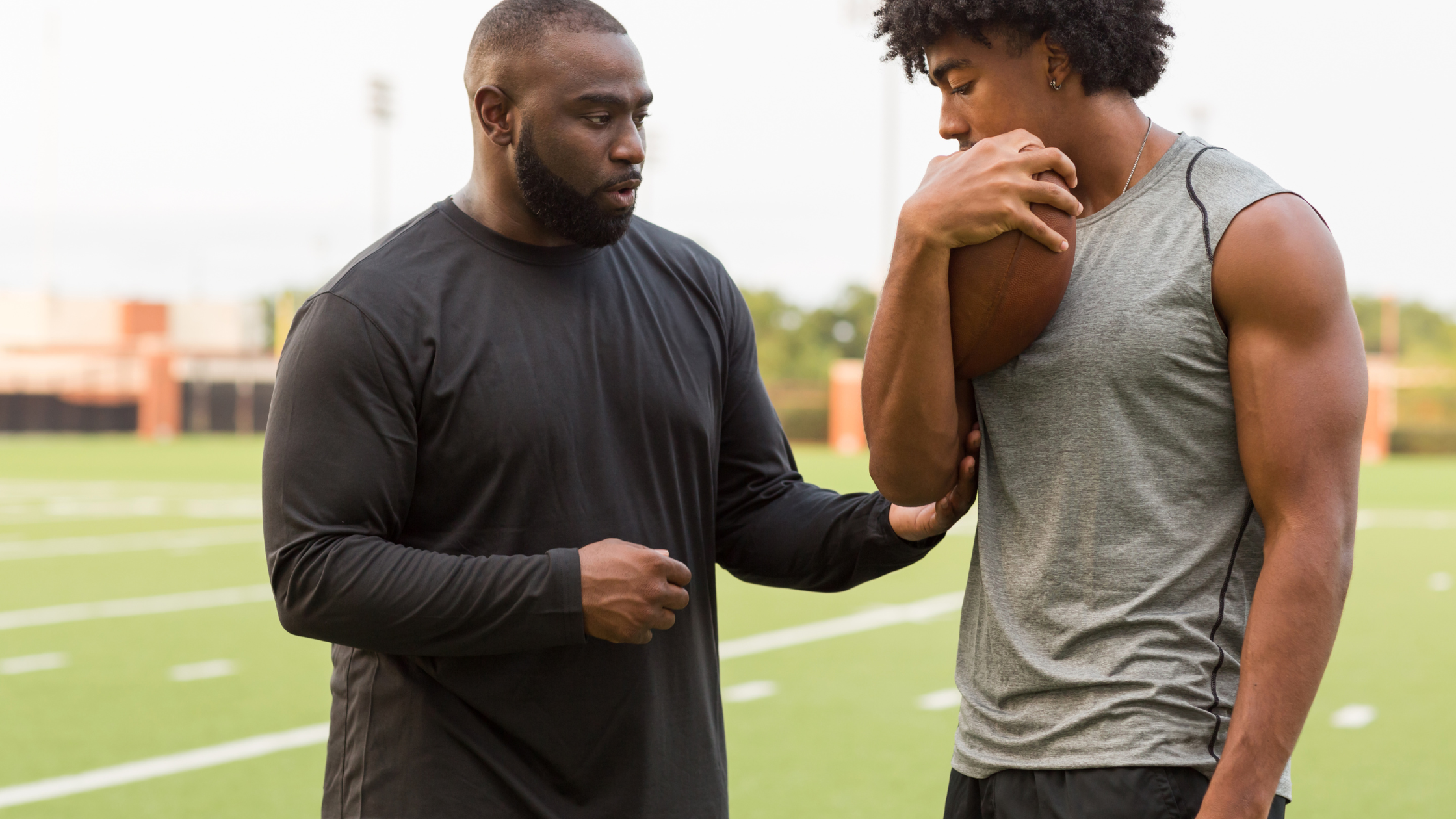
Student athletes are a particular subset of people with special needs. They have to balance their school, athletics, and extra curricular activities. This can make it difficult for student athletes to obtain the number of hours of sleep that they need.
On average, college athletes spend between 27-41 hours per week on training and competition. They also have high pressure to perform academically well, and have to attend class, office hours, tutoring sessions, and academic advising. At least 42% of student athletes report getting poor sleep every day, with 3 in 5 students getting less than 7 hours of sleep a night.
Guidelines state that adolescents and teens should be averaging 8-10 hours of sleep a night. For student athletes, the bottom number actually increases to 9 hours of sleep a night.
A study found that 72% of them nap on a regular basis, but napping can interfere with sleep schedules and cause insomnia at night. Therefore, it's important to find the best time to nap, and not snooze for too long.
Sleep varies according to level of activity of a particular student athlete. More strenuous sports require longer sleep for full recovery. Therefore, there isn't a single recommendation for sleep that covers all student athletes. Given the many variables that go into one's sleep requirements, it's best for student athletes to analyze their own sleep patterns and determine what amount of hours makes them feel good.
Why sleep is important for Student Athletes
Exercise and training puts a lot of wear and tear on the body. This is why sleep is essential for helping in recovery and repair. Athletes spend less time in rapid eye movement (REM) and more time in stage three of sleep, slow wave sleep. Slow wave sleep is the stage where the body releases growth hormone to help with muscle repair and growth.
Sleep is also important for cognitive functions, which are also important for student athletes. Functions like memory, attention, focus, and decision making are all tied to sleep. Without sleep, student athletes may struggle in these domains, which are just as important as physical performance.
Student athletes who regularly do not get enough sleep are 1.7 times more likely to sustain an injury. Those who participate in endurance sports, like endurance running and cycling, show lower endurance in both short-term and long-term sleep deprivation.
Increasing sleep to 10 hours a day had positive benefits for basketball players in one study, like improvements in reaction time, sprint time, and shooting accuracy. These athletes also had improvements in daytime sleepiness and overall mood. These effects may have been due to the fact that athletes were able to catch up on sleep debt during this time.
Factors that Influence Sleep in Student Athletes
Student athletes have many barriers to getting quality sleep on a consistent basis. These are both academic and athletic barriers. Student athletes have irregular bedtimes. Having a set sleep and wake time is essential for improving sleep. It is one of the most recommended steps for individuals trying to improve their sleep. However, various training schedules, mealtimes, travel schedules, and academic requirements can get in the way of this.
Another barrier to sleep may just be physical discomfort. Vigorous evening practices can increase core body temperature, which can interfere with the onset of sleep. Student athletes may also be dealing with injuries, sore muscles, and pain that can make it hard to sleep at night.
The pressure to perform can be anxiety-inducing for student athletes as well. This can cause insomnia, especially before game days. Insomnia can also increase feelings of anxiety as well.
Dorm rooms aren't the most comfortable sleeping quarters either. Optimal sleeping environments are a vital piece of people getting enough sleep. This includes a mattress that fits and is comfortable. Athletes are limited to what they are given in the dorms which may not be enough space or a comfortable surface.
As an adolescent, or emerging adult, student athletes may be glued to their screens. Blue light emitted from cell phones can significantly interfere with the release of melatonin. Melatonin is essential for falling asleep and staying asleep.
Tips for Improving Sleep in Student Athletes
Getting good sleep as a student athlete may seem nearly impossible. Between all of the commitments, when do they have time? The truth is, there are various things that student athletes can do to ensure that they are getting the required amount of sleep. These include:
- Practicing good sleep hygiene
- Getting plenty of light during the day and avoiding light late at night
- Keeping the bedroom cool, dark, and quiet
- Avoiding stimulants like caffeine, nicotine, and alcohol late in the afternoon and evening
- Avoid large meals and excessive liquids before bedtime
- Winding down in the evening with relaxing activities
- Avoid doing homework in the bed; use it for sleep and sex only
- Avoid sleeping pills
- Utilize CBT-I, or relaxation and mindfulness techniques
If you are a student athlete who is struggle with getting good sleep, then please click the orange button below to take a free online sleep test and talk with one of our sleep health experts.
https://www.sleepfoundation.org/teens-and-sleep/student-athletes-sleep-time

